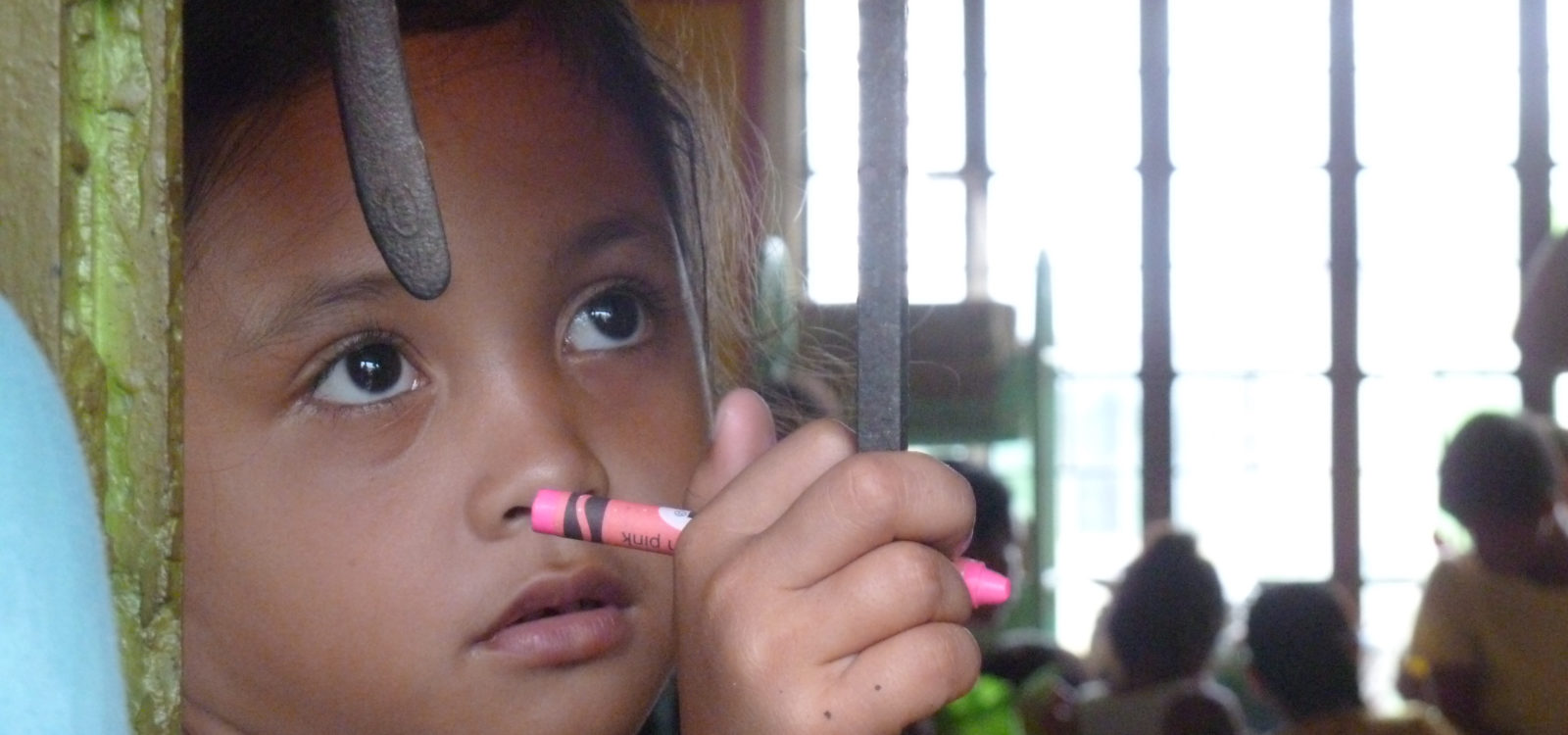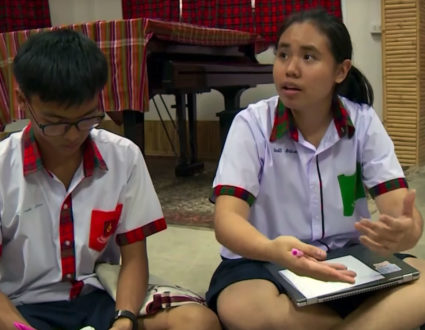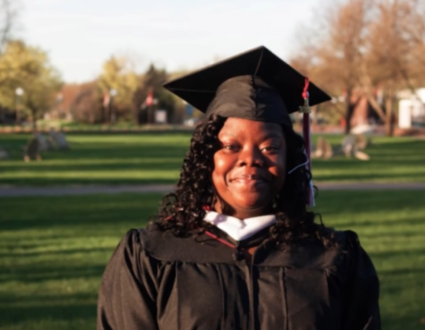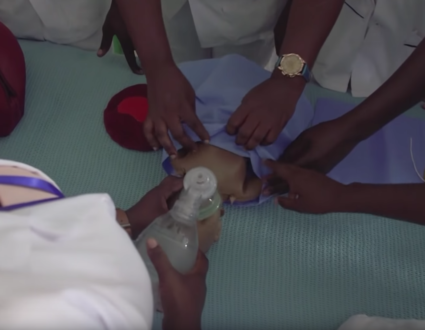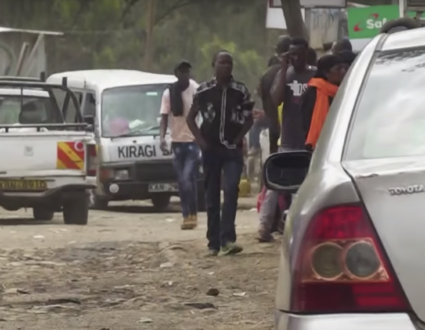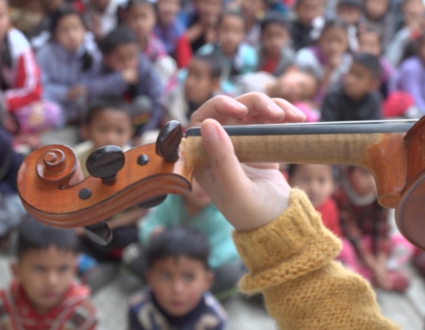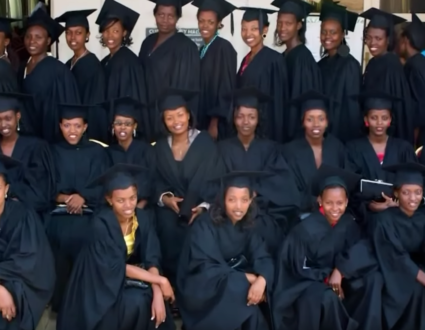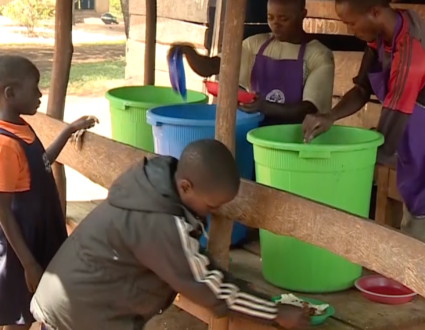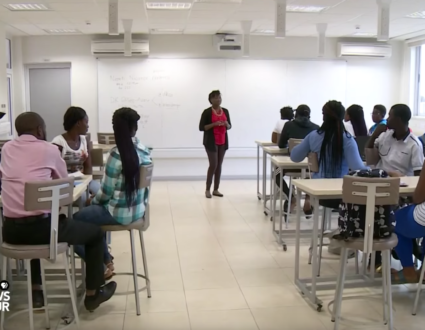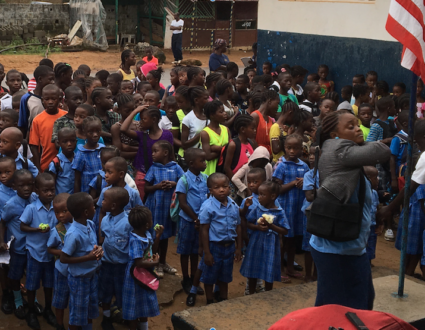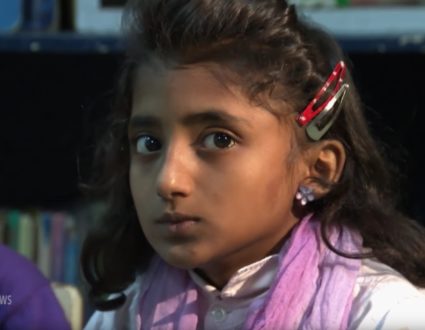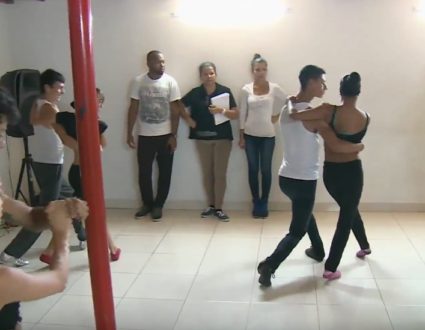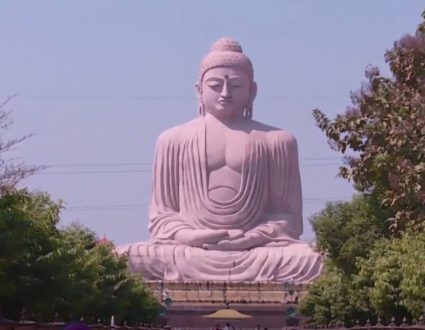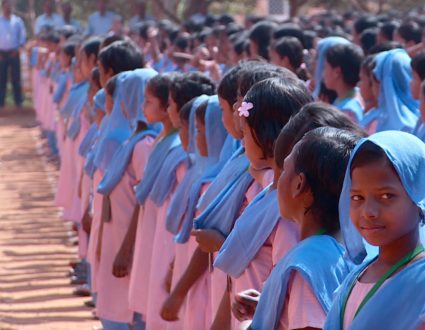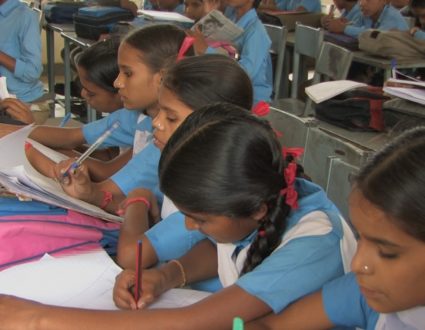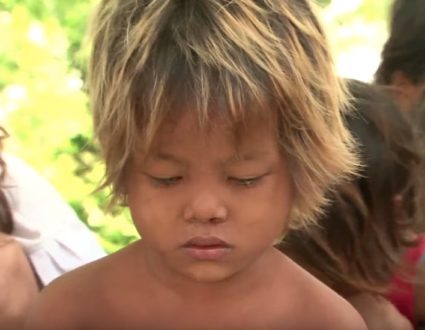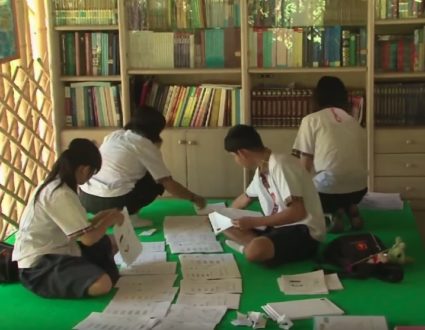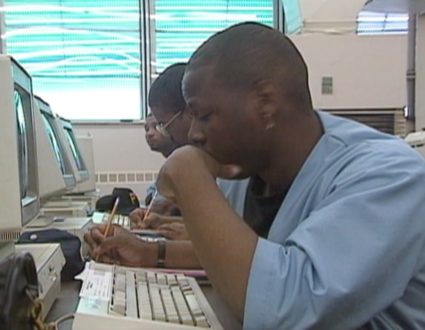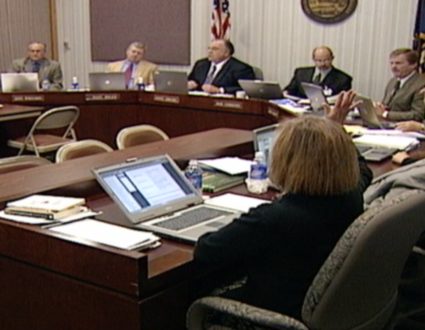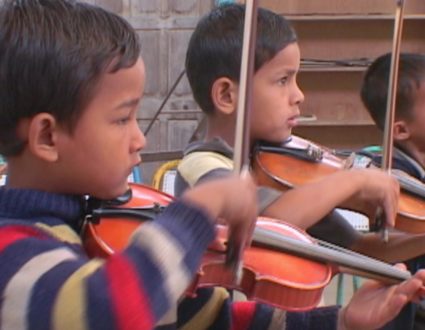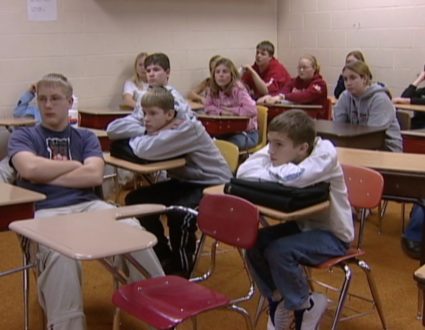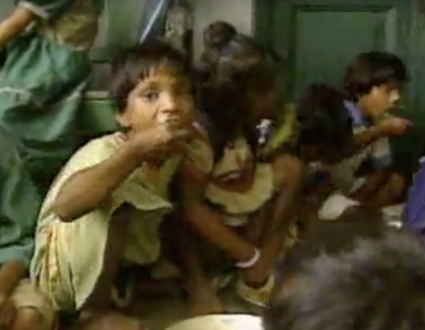Our stories
We focus on new ideas to expand access to education or to improve education systems – often in adverse circumstances.
Why does it matter?
There is great concern around the world today about the growing gap between have and have-nots. A solid education–and systems of education–will be key to addressing this grave threat to social stability.
As of January 2021,
nearly 214 million children are out of school worldwide due to nationwide school closures linked to the coronavirus pandemic.
- UNSECO
53%
of children in low- and middle-income countries cannot read proficiently by age 10 (World Bank)
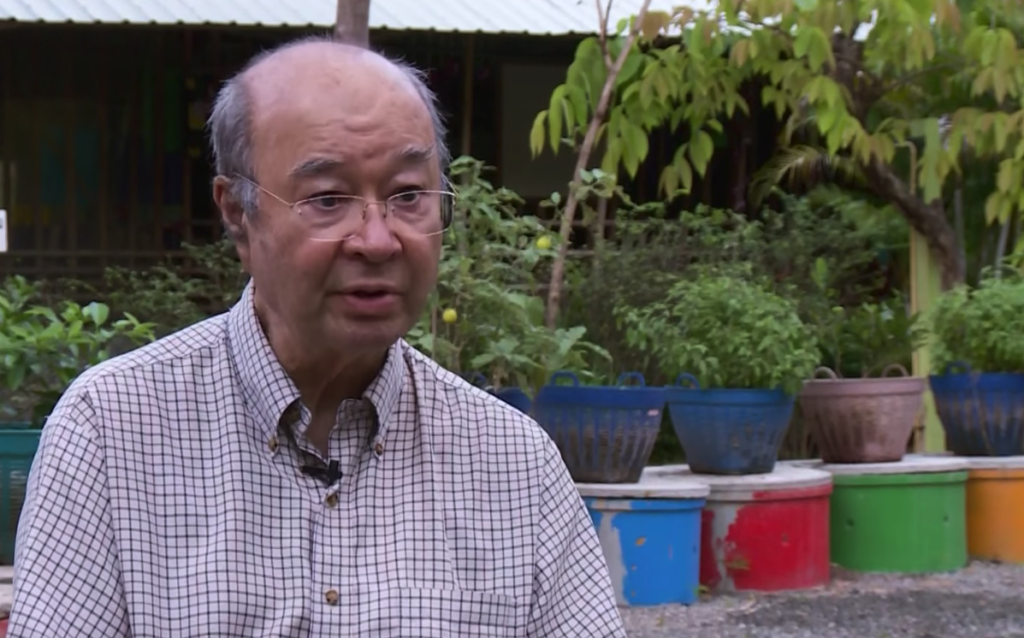
The Bamboo School
“The school is more than just a school that all of us used to know. A school is a lifelong learning center and a hub for social and economic advancement in the communities.”
-Mechai Viravaidya, Bamboo School Founder
Music in the Mountains
“Music is used as a medium which is central to all that happens in Gandhi Ashram, to give them the joy, to give them the confidence, and help them focus in life, on their studies.”
-Rev. Paul D’Souza
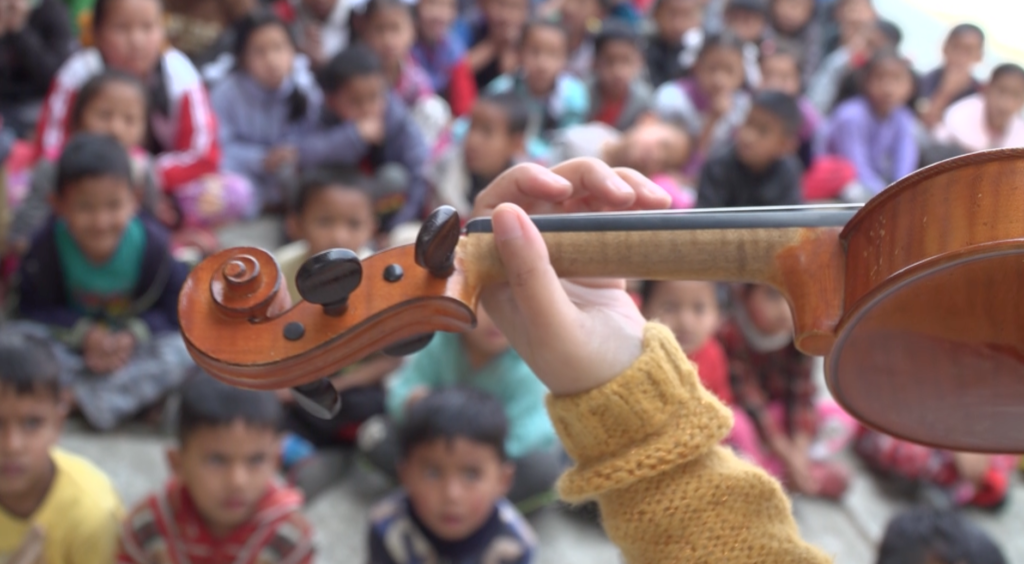
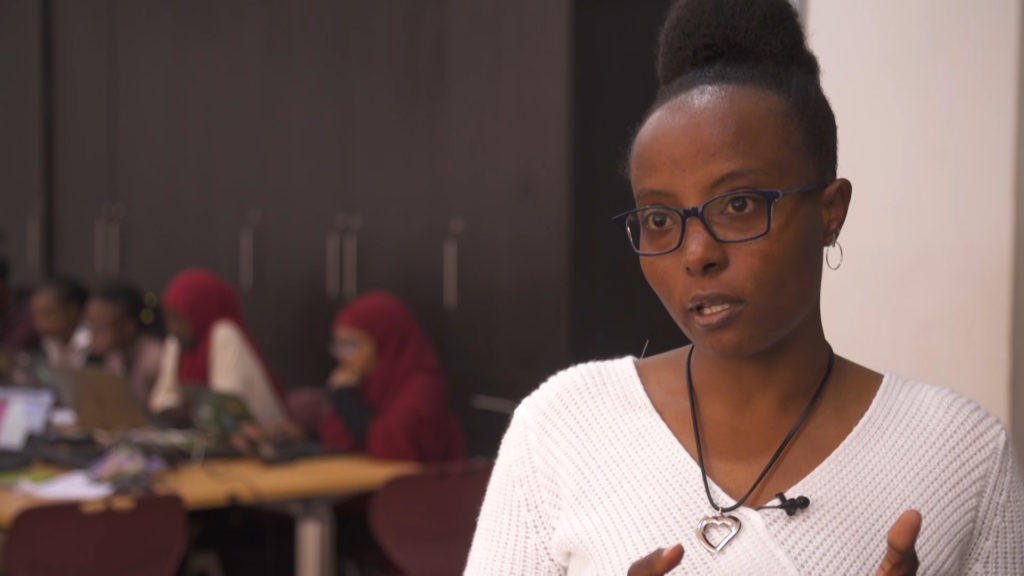
Mapping Poverty
“Tech is a tool. And so, if you empower them with this tool that will help them get themselves out of the cycle of poverty, then you’re showing them that there’s a path that they can take. There’s something they can use to actually secure themselves.”
-Linda Kamau, AkiraChix co-founder
Maharishi Institute
“In our intake this year and last year, not a single one of these students who’ve got grade 12 is actually at grade 12 level, not one. We don’t care how low a person is. We believe that person, because of their drive, could climb Everest.”
-Taddy Blecher, Maharishi Institute CEO

How to teach with our reports:
The short answer is in any way you see fit!
We suggest that you pick a report or topic, watch the video in class or assign it to your students. Then follow the discussion questions or write your own. Encourage your students to research beyond the piece. Find other examples of the issues reported on, analyze the characters that bring the story to life, or follow up on new developments since the story aired. Students can write their own reflections on the report, or analyze one of the many angles included in the story.
Be creative!
We would love to hear from you. Reach us at undertold@stthomas.edu to share how you’ve used our materials!
